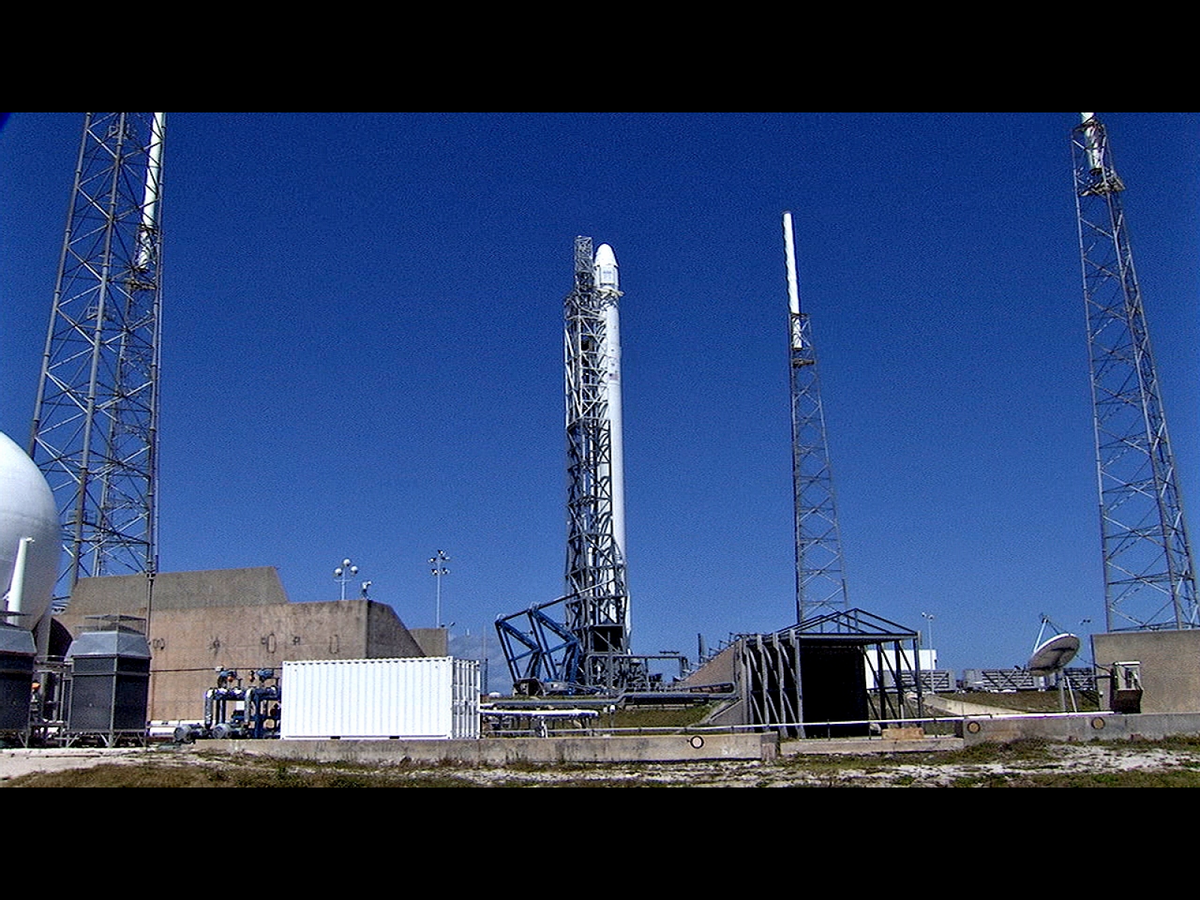On Tuesday at 6:20 AM ET SpaceX will launch one of its Falcon 9 crafts from Cape Canaveral bound for the International Space Station -- the fifth of SpaceX's resupply missions. Yet, on this mission the rocket's return to Earth is the anticipated feat.
SpaceX is attempting to land the rocket on a 300 feet long by 170 feet wide platform in the Atlantic Ocean. If it is successful, the company hopes to reuse the rocket for future launches.
This attempt to land and reuse the rocket is part of founder Elon Musk's vision to make space flight more affordable and sustainable. "Reusability is the critical breakthrough needed in rocketry to take things to the next level," he told a conference at MIT in October.
Thus far, SpaceX has twice-successfully achieved a soft-land in the ocean, but the rocket was unable to stay upright, and exploded when it fell over. The New York Times explains:
"The first rocket stage, Mr. Musk noted, is as tall as a 14-story building. 'When a 14-story building falls over, it’s quite a belly flop,” he said. “What we need to do is to be able to land on a floating platform.'
"So SpaceX built a floating platform, 300 feet long and 170 feet wide, for the rocket stage to land on.
"A new addition to the rocket is a set of “grid fins” that will fold out after separation to help steer the rocket toward the platform. No people will be aboard the barge during the landing attempt."
The chance of success, Musk admits are less than 50 percent, but he hopes that in later trials this year -- of which there are around a dozen -- the likelihood will increase.

Shares